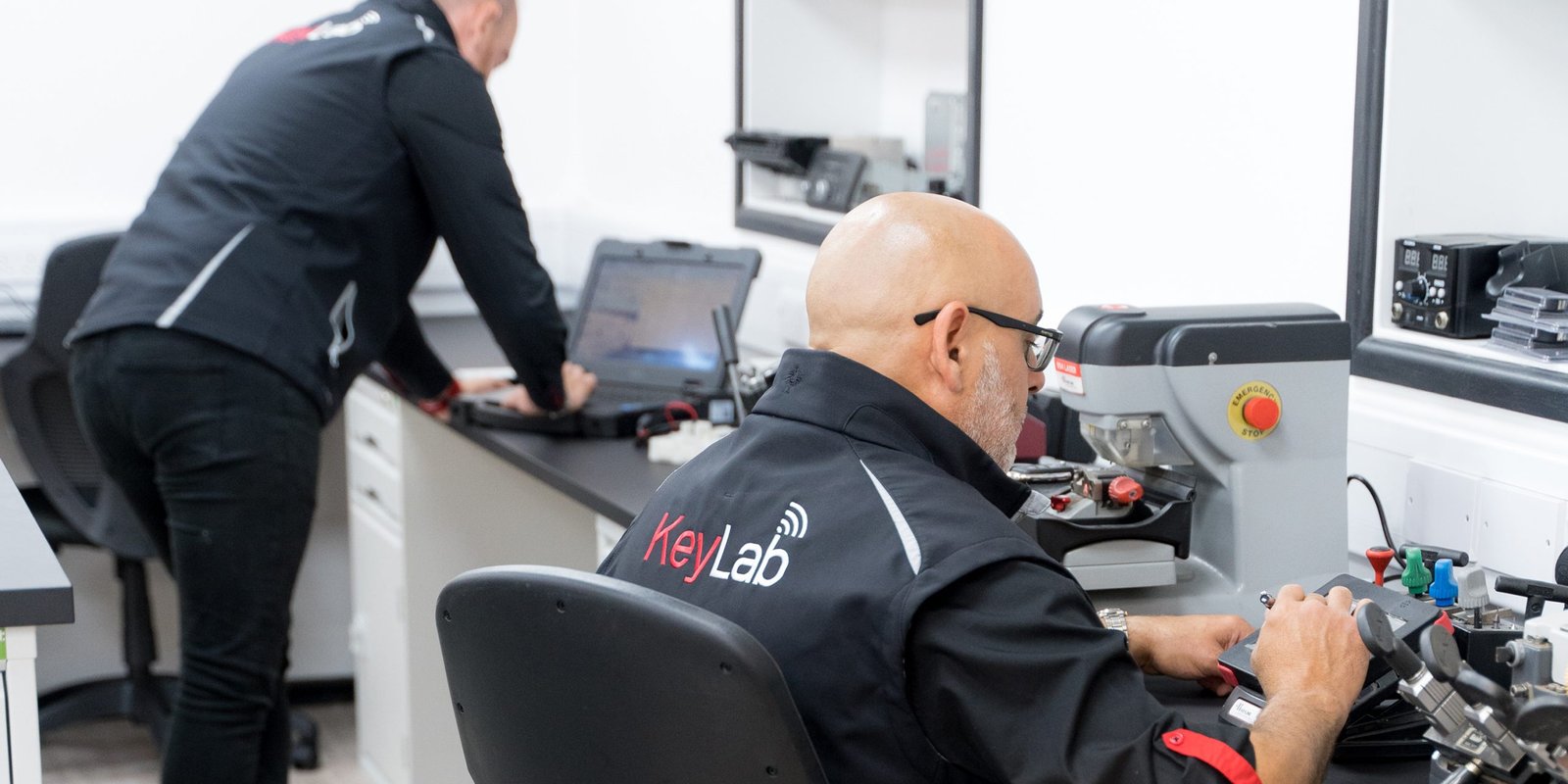Comprehensive Guide to Car Key Replacements: Understanding Your Options
In today's fast-paced world, losing or harming a car key is a progressively common affair. Car key replacements have actually evolved considerably for many years with developments in technology, and car owners now have a range of options to think about. This short article will check out the different types of car keys, approaches for replacement, cost ramifications, and other important considerations for car key replacements.
Types of Car Keys
Comprehending the kinds of car keys is necessary for knowing the replacement options offered. Below is a summary of the various types:
| Type | Description |
|---|---|
| Traditional Key | A non-electronic key that mechanically unlocks and ignition. |
| Transponder Key | A key embedded with a microchip that communicates with the car's ignition system for included security. |
| Key Fob | A remote control utilized to open doors and begin the engine wirelessly. Frequently consists of a transponder chip. |
| Smart Key | Enables keyless entry and ignition, using proximity sensing units and advanced innovation. |
| Valet Key | A restricted key that restricts access to specific features of the vehicle, generally utilized by parking attendants. |
Comprehending the Replacement Process
When it concerns car key replacements, it is crucial for car owners to be mindful of the choices readily available. The following approaches show how car keys can be changed:
1. Car dealership Replacement
- Process: The vehicle owner goes to the car dealership and offers evidence of ownership. The dealership may need the Vehicle Identification Number (VIN) and additional recognition.
- Pros: Trusted source, guaranteed compatibility, often includes programming.
- Cons: Typically the most expensive option.
2. Professional Locksmith
- Process: A licensed locksmith professional checks out the car location or runs from their store. They cut and program the replacement key.
- Pros: Generally more affordable than dealers and can offer a range of key options.
- Cons: Limited ability for some innovative keys and fobs, may not have OEM (Original Equipment Manufacturer) parts.
3. Do-It-Yourself (DIY)
- Process: Car owners can purchase key blanks and programs kits online or from hardware stores. Follow particular guides for programming.
- Pros: Cost-effective and practical.
- Cons: Risk of errors, absence of professional quality, and potential security concerns.
4. Mobile Key Cutting Services
- Process: Mobile services come to your place to cut and set keys.
- Pros: Convenient and often more budget friendly.
- Cons: May need a waiting period, and costs differ based on distance and service quality.
5. Insurance coverage Coverage
- Process: Some vehicle insurance plan cover losses due to stolen or lost keys.
- Pros: Potentially significant expense savings.
- Cons: Coverage limitations and prospective deductibles could use.
Factors Influencing Replacement Costs
The cost of changing a car key can vary commonly depending upon numerous aspects, such as:
- Type of Key: Traditional keys are typically cheaper to replace than transponder keys or smart keys.
- Model and Make of Vehicle: Luxury and more recent models may have greater replacement costs due to sophisticated technology.
- Place: The average market rates for locksmith services or dealerships can affect pricing.
- Key Programming: Programming costs may be separate from key cutting expenses.
Here's a basic breakdown of replacement expenses:
Estimated Costs of Car Key Replacement
| Key Type | Estimated Cost Range |
|---|---|
| Conventional Key | ₤ 5 - ₤ 25 |
| Transponder Key | ₤ 50 - ₤ 300 |
| Key Fob | ₤ 50 - ₤ 600 |
| Smart Key | ₤ 200 - ₤ 600 |
| Valet Key | ₤ 10 - ₤ 30 |
Necessary Considerations
While exploring car key replacements, it's vital to bear in mind of the following:
- Proof of Ownership: Always have documentation that shows ownership when seeking a replacement.
- Security Concerns: Keep in mind that lost keys posture security risks; if there's an issue, consider rekeying locks.
- Warranty and Insurance: Check if your car is under warranty and if it covers key replacements.
- Future Security: Consider updating to more secure alternatives like smart keys if your vehicle supports it.
Frequently Asked Questions About Car Key Replacements
Q1: Can I replace my car key myself?A1: Yes, it is possible to replace your car key yourself, specifically if you order key blanks and have programming tools. Nevertheless, ensure you can check here follow directions precisely to avoid complications.
Q2: How long does it take to replace a car key?A2: Replacement time depends on the method used. Car dealerships may take longer due to shows, while mobile locksmiths can frequently do it on-site within minutes.
Q3: What should I do if I lost my car key?A3: If you lose your car key, assess your requirements and select a replacement approach. Consider getting in touch with a locksmith professional or your vehicle's car dealership for next steps.
Q4: Are replicate keys thought about replacements?A4: No, duplicates are copies of existing keys, while replacements are new keys made when the original is lost, broken, or not functioning.
Q5: Will my car's alarm system be affected if I replace the key?A5: It depends upon the key type. Typically, an appropriately programmed replacement will not affect the alarm. Nevertheless, some keys may require to be synced or set to the alarm system.
Car key replacements are more simple than they have ever been, yet understanding the numerous alternatives and their ramifications can save money and time. By acquainting oneself with the kinds of keys, the replacement procedure, and prospective costs, car owners can browse this difficulty with greater ease. Whether opting for a car dealership, locksmith professional, or a DIY technique, staying informed makes sure smarter choices for securing car access.

